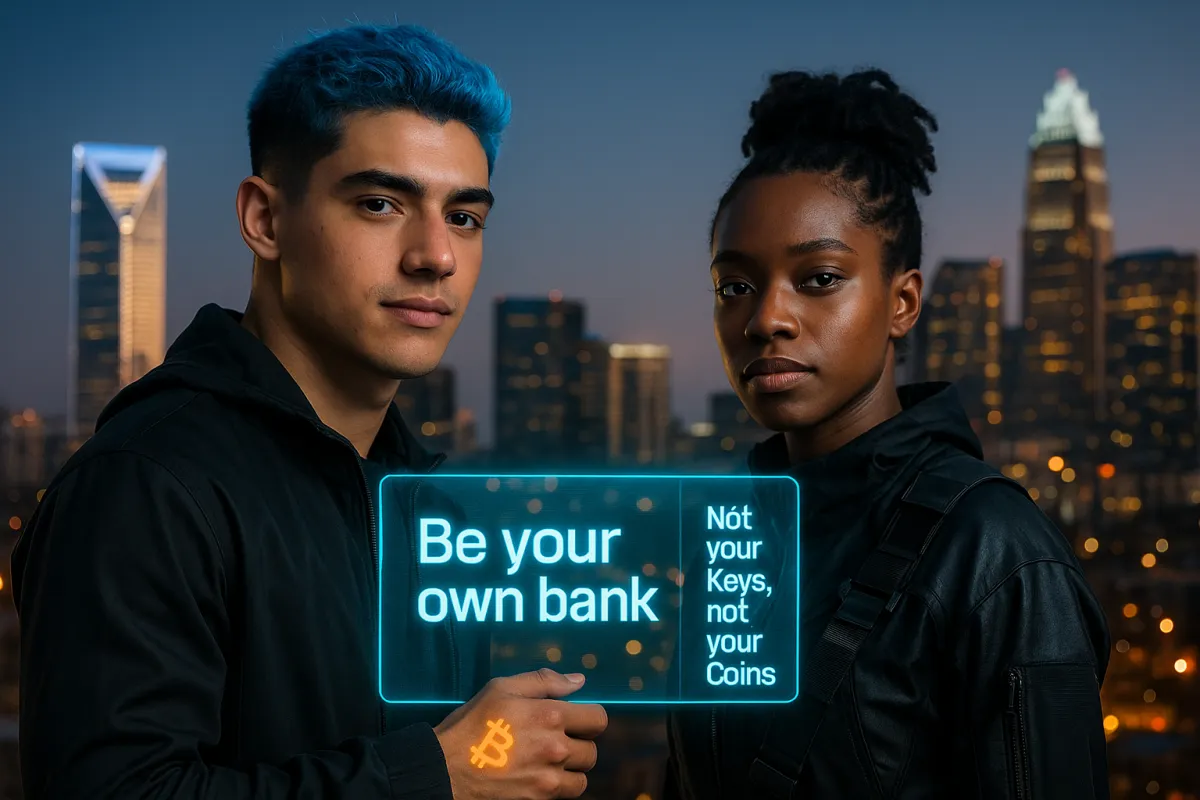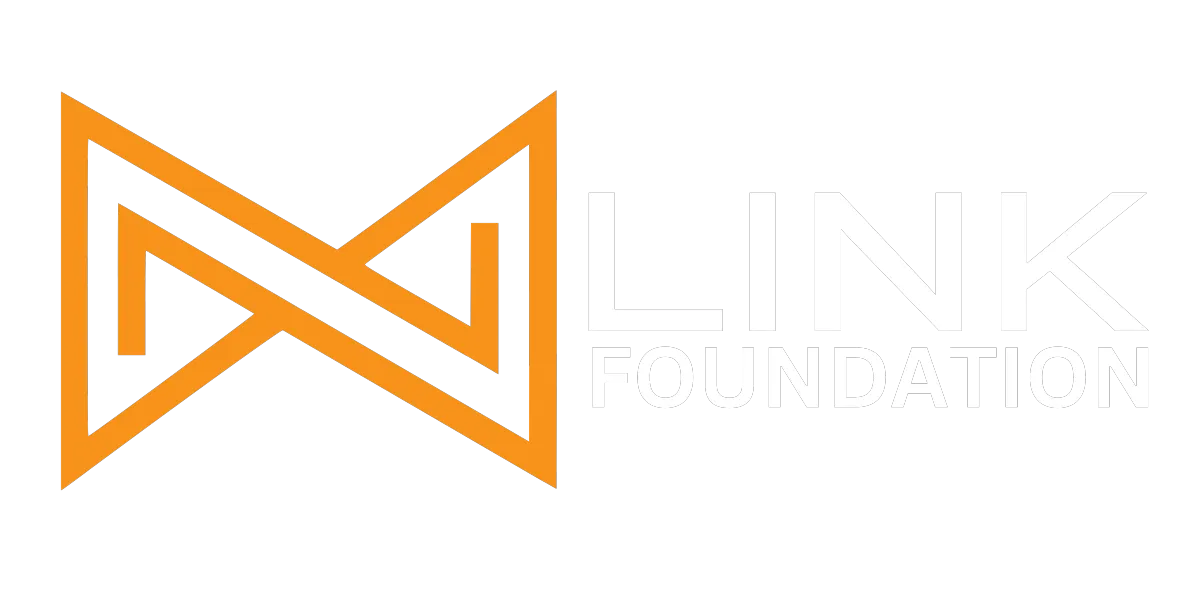
🔐Self-Custody with Bitcoin: Be Your Own Bank
🎧 Listen to this article:
Spanish
English
🌍 In an increasingly digital world, the concept of “self-custody” in Bitcoin and cryptocurrencies is more than just a technical term. “Not your keys, not your coins.” It marks a profound paradigm shift—challenging centuries of centralized control and ushering in a new era where individuals reclaim agency over their finances and, by extension, their personal destiny. This is not just about money; it’s a redefinition of power, trust, and individual freedom.
🔑 What Is Self-Custody?
Breaking Free from Intermediaries
At its core, self-custody means you —and only you— have full control over your digital assets. In the world of crypto, this translates into owning your private keys, the cryptographic strings that grant access to your funds on the blockchain.
Let’s break it down with two examples:
🏦 Traditional Custody (Banks): When you deposit money in a bank, they hold and manage your funds. You trust they’ll return it when asked, but you don’t actually own the physical cash—they do. If a financial crisis hits or a government issues an order, your access can be frozen.
🔐 Self-Custody (Bitcoin): You hold your private keys, like a master password, in a personal wallet (hardware, software, or even on paper). No bank, no government, no company can freeze, seize, or control your funds. You are, in essence, your own bank. 👉 “Not your keys, not your coins.”
This shift removes the need for trusted third parties, decentralizing power and putting it back in your hands.
🚪 The Great Unshackling
From External Validation to Personal Choice
For generations, societies have relied on external validation and hierarchical control—loans, permits, licenses, social norms. This constant need for approval acted as a subtle backdoor to shape behavior.
Self-custody disrupts that need.
❌ You don’t need anyone’s permission to move your money.
✅ You don’t need validation to store value.
🧠 It cultivates self-sufficiency, self-trust, and personal responsibility.
🧠 Financial Control as Social Control

When a central authority controls your money, it also controls your ability to act. Capital restrictions, forced inflation, and financial censorship have long shaped societies.
📉 Examples:
Governments limiting remittances
Banks freezing withdrawals in crises
Hyperinflation wiping out lifetime savings (Zimbabwe, Argentina, Venezuela)
With self-custody, you reclaim direct control of your economic well-being.
🧩 The Psychological Trap of Validation
From a psychological lens, constant reliance on external approval erodes self-esteem and limits autonomous decision-making.
🧘 Through self-custody:
You gain independence
You reduce outside influence
You act from internal conviction—not external validation
💪 Individual Empowerment

Financial Sovereignty and Unprecedented Freedom
Self-custody empowers you on multiple levels:
💰 Financial Sovereignty: No one can freeze or censor your wealth.
🕵️ Privacy (Pseudonymity): Transactions are public on the blockchain, but not directly tied to your identity. However, in the context of specialized investigations, techniques exist that can trace and potentially identify wallet owners.
🌐 Global Accessibility: All you need is a device and an internet connection.
🧭 Mental Autonomy: You learn, assess risk, and take action independently.
🌊 Social Ripple Effects: Decentralization vs. Power
This isn’t just an individual revolution—it’s a structural one.
🏛️ Decentralization of Power: It challenges the monopoly central banks hold over currency issuance.
👥 New Governance Models: Communities can organize around shared economic systems.
🛡️ Resilience: No single point of failure. Thousands of nodes keep the network alive and secure.
🌀 Of course, this also raises concerns: anonymity and lack of oversight are regulatory challenges.
⚠️ The Double-Edged Sword
Freedom Comes with Responsibility
With great power comes great responsibility:

🚨 Total Responsibility: Lose your keys, and you lose your funds—there’s no one to call.
🧯 Security Vigilance: You must protect yourself from phishing, malware, and error.
🧾 Irreversible Transactions: On the blockchain, there’s no “undo” button.
🧰 Practical Security for Self-Custody
✅ Secure & Backup Your Private Keys: Use a hardware wallet for significant funds. Store your recovery phrase offline in multiple safe physical locations (like a fireproof safe). Never store it digitally or share it with anyone.
And always DYOR—Do Your Own Research 🔍
🚫 Avoid Digital Threats: Watch for phishing attempts. Manually type trusted URLs. Keep all your software updated.
📜 Plan Your Digital Legacy: Prepare a plan for loved ones to access your assets in case of incapacity or death. Consider multisig wallets or clear, secure instructions.
🧭 Final Thoughts
Self-custody is more than a technical shift —it’s a social, technological, and philosophical revolution. It empowers individuals, decentralizes control, and fosters a radically autonomous mindset.
This isn’t just about storing Bitcoin. It’s about living freely, making choices, and breaking cycles of dependency. As the Bitcoin community says:
👉 “Not your keys, not your coins.”
If you don’t hold your private keys, you don’t truly own your Bitcoin. Custodying your own keys means reclaiming full control over your assets—free from intermediaries, censorship, or restriction.
Ready to take control of your digital future?
🚀 Take the Next Step
Want to learn more about Bitcoin? 🔍 Read our post 👉What Is Bitcoin?
🔍 Recommended Links
🛡️ Self-Custody Best Practices:
Keep Your Crypto SAFU – CZ’s Tips (Binance Blog)
An essential guide from Binance’s CEO on securing your crypto assets with practical, everyday self-custody tips.
📉 Understanding Hyperinflation:
Argentina Starts 2024 With the World's Highest Inflation (Infobae)
Latest data showing how inflation continues to impact Argentina’s economy, surpassing even countries in deep crisis.
Top 5 Latin American Countries with the Highest Inflation (Bloomberg Línea)
Regional ranking and analysis of the most inflation-affected countries in Latin America.
https://www.bloomberglinea.com/economia/sin-argentina-venezuela-y-cuba-top-5-de-paises-con-mas-inflacion-de-latinoamerica/
Venezuela’s Hyperinflation: Timeline and Impact (Wikipedia)
A historical overview of Venezuela’s hyperinflation crisis, its causes, and its economic and social effects.





